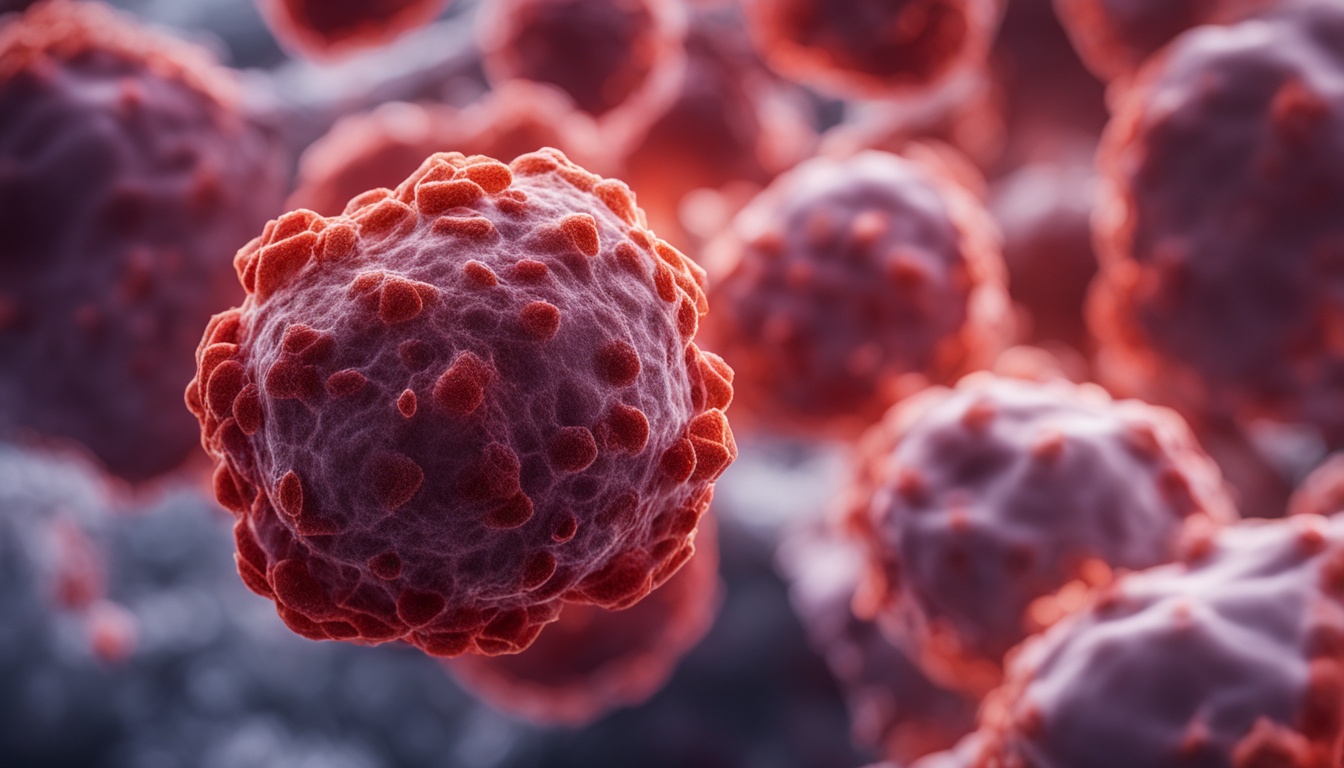Hashimoto’s disease is an autoimmune disorder that targets the thyroid. It leads to the body’s own antibodies attacking the thyroid. This causes damage and can lower hormone production. The result is often an underactive thyroid. Sometimes, it causes an overactive thyroid instead.
This disease is a leading cause of low thyroid function around the globe. It affects more women than men. In fact, it’s most often found in women between the ages of 30 and 55. It might run in families.
Its effects vary, but some common signs are tiredness, gaining weight, feeling down, and a swollen thyroid. It can also bring about problems with high cholesterol and your heart.
Doctors diagnose Hashimoto’s through detailed health history, checking your body, and lab tests for thyroid hormones and antibodies. They might also use ultrasounds or CT scans to be sure.
Treating this condition often means taking artificial thyroid hormones to balance your levels. A good diet and staying active can also help keep your thyroid in check.
Key Takeaways:
- Hashimoto’s disease is an autoimmune condition that affects the thyroid gland and can lead to hypothyroidism.
- It is the most common cause of hypothyroidism worldwide, predominantly affecting women.
- The symptoms of Hashimoto’s disease include fatigue, weight gain, depression, and goiter.
- Diagnosis involves a medical history, physical exam, and specific thyroid tests.
- Treatment mainly includes thyroid hormone supplements and lifestyle changes.
Stem Cell Therapy for Hashimoto’s Disease
Hashimoto’s disease, also known as chronic lymphocytic thyroiditis, is a complex autoimmune disorder. It affects the thyroid gland. Though conventional treatments can help, scientists are also looking into stem cell therapy.
Stem cell therapy is a new way to treat Hashimoto’s. It uses mesenchymal stem cells (MSCs) from sources like bone marrow. These cells are special and suitable for diseases like Hashimoto’s.
MSCs have immunoregulatory powers. This means they can help control the immune system. They may stop the immune response that damages the thyroid.
These stem cells can be given through the vein. This way, they can work right on the thyroid gland. They help heal the tissue and could make the thyroid work better again.
Some studies suggest that using stem cells and hormone therapy together can help. They might work together to manage Hashimoto’s effectively.
But, there’s still a lot to learn about using stem cells for Hashimoto’s. More research is needed to know how well it works. Appropriate treatment methods and the benefits of MSCs are still being studied.
Conclusion
Hashimoto’s disease is a common issue that happens when your immune system attacks the thyroid. It can lead to hypothyroidism. The main treatment is to take hormones to balance what your body doesn’t make. Eating well and staying active can also help your thyroid do its job better.
Some new treatments look hopeful, like using stem cells. These special cells can help calm the immune system and heal your thyroid. But we still need more studies to make sure this treatment is safe and works well.
If you have Hashimoto’s, it’s key to work with your doctors to find the best care. Keeping up with what’s new in treating this disease, and talking openly with your medical team, can help you feel better and manage your condition well.

